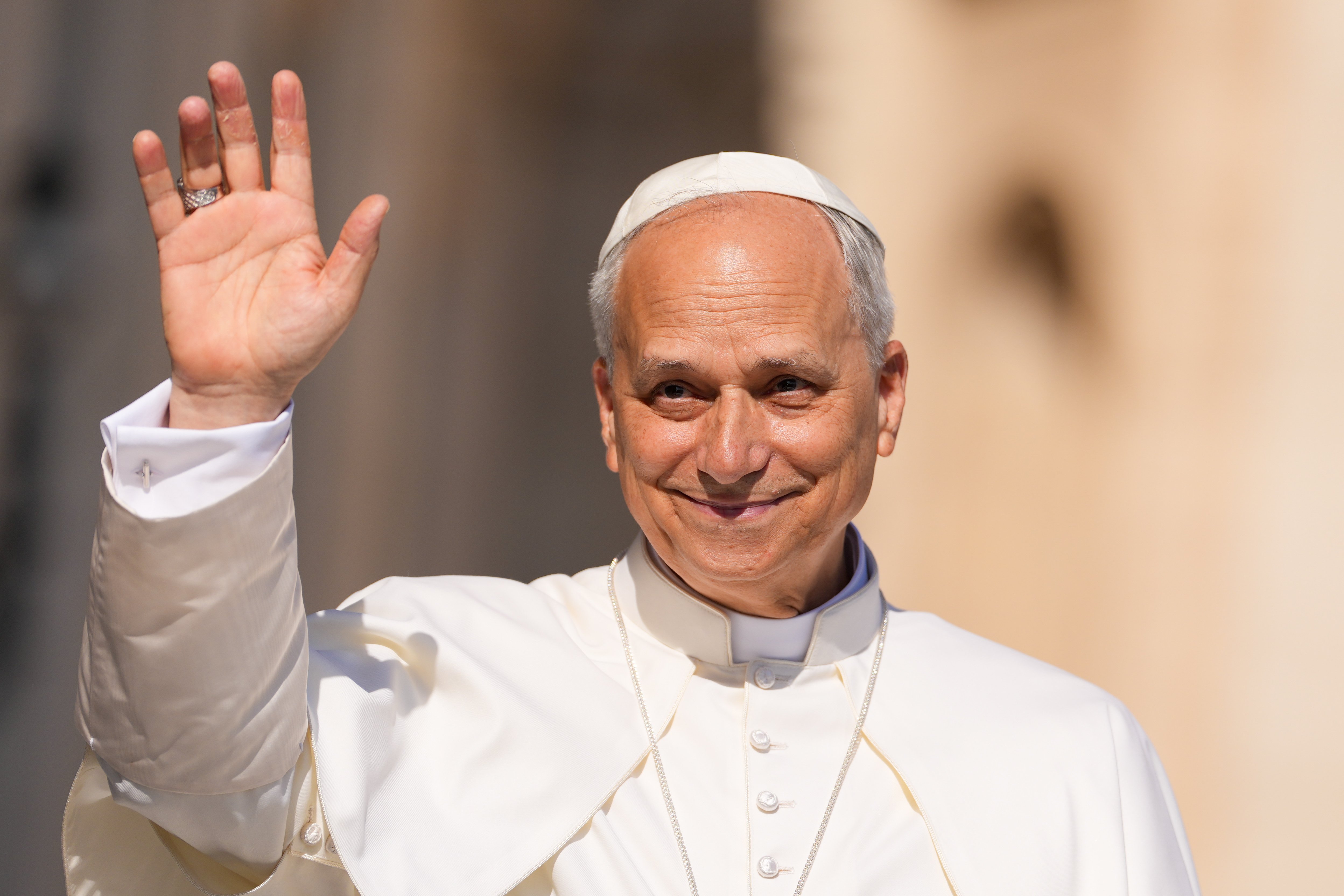April 6, 2018 at 1:53 p.m.
DIOCESAN PLAN
Covenant to Educate will unify Catholic schools
Covenant to Educate will unify Catholic schools
Bishop Howard J. Hubbard of the Albany Diocese signed off last week on the "Covenant to Educate," a plan to link diocesan schools in leadership, development and marketing. The details will be ironed out over the next three years.
The Diocesan School Board intends to make the Diocese's 27 Catholic schools a "unified franchise" that could share teachers, tuition structures, human resources, student recruitment and financial aid, among other resources.
The Covenant to Educate could save diocesan schools, many of which have faced declining enrollment, Bishop Hubbard wrote in a column in The Evangelist's June 3 issue (see www.evangelist.org).
About 6,395 students en-rolled in diocesan schools last year, down by about four percent from previous years. Eight schools have closed in the past five years.
Catholic education has a place in society, Bishop Hubbard insists: "Our society [has been] influenced so profoundly by individualism, consumerism, secularism and moral relativism," he wrote in the column. "Yet, it is precisely because of these influences that I believe Catholic school education is more needed than ever before."
Values and service
Branding Catholic schools as values-centered is one of the many ideas to come out of years of meetings among hundreds of school and community leaders, noted Dr. Teresa Thayer Snyder, superintendent of the Voorhees-ville Central School District.
But first, she said, service needs to permeate the curriculum in every school - and not just during the holidays: "It's got to be part of the mission."v
Dr. Snyder joined a Covenant task force last year and shared ideas with more than 30 pastors, teachers, lawyers and others at a half-dozen meetings.
"I'm a big believer that many options make a richer environment for parents to choose from," she told The Evangelist. She said that Catholic schools need to embrace the meaning of the word "catholic" ("universal") and move away from the "parochial" or insulated model.
Half the battle has been fought by moving from neighborhood schools to regional schools, she said, but change can't stop there. Unlike public schools, Catholic schools are not bound by New York State assessments and education standards; they can surpass these.
For elementary and middle school students Dr. Snyder suggests offering International Bacca-laureate - a program promoting intercultural understanding and respect - to familiarize students with that concept.
Schools of future
She mentioned several more ideas: sending students to high-tech labs to shadow the ever-changing field of technology; sending curriculum to students on their cell phones; or creating an advanced math class at one school and streaming it live to others.
"If we create schools where kids fall in love with being there," she mused, those schools are likely to be flooded with students.
Ideas like these could be funded through grants of business sponsors who would be attracted to the idea of gaining the graduates as a new workforce, Dr. Snyder said.
So far, the Albany diocesan Catholic Schools Office has used only staff resources to pursue the Covenant to Educate. In coming months, staff will look at grant opportunities, according to Sister Jane Herb, IHM, diocesan superintendent of schools.
The office might work with an outside consultant to develop 21st-century curricula, she added.
Dr. Snyder offered a technology-free way to improve the school experience: tap into kids' big ideas, like how to solve the current oil spill crisis in the Gulf of Mexico.
Child-centered education can prove to be another advantage of Catholic education, Bishop Hubbard wrote.
Further aims
Other goals that have emerged from the Covenant to Educate include:
• extending course offerings to students and the Catholic community through online courses and partnerships with businesses, colleges and universities;
• setting diocesan schools apart from others as environments where the Gospel values of Jesus pervade academic and extracurricular activities;
• engaging students in faith-based service learning; and
• creating an alliance among schools and all parishes.
(07/01/10)
MORE NEWS STORIES
- Washington Roundup: Supreme Court concludes term, Senate weighs ‘Big Beautiful Bill’
- Carol Zimmermann, NCR news editor, wins St. Francis de Sales Award
- Archbishop arrested, second cleric sought, amid Armenian government crackdown on opposition
- Israel-Iran war, Supreme Court decisions, pope message to priests | Week in Review
- Sid Meier’s Civilization VII
- Novel puts Joan of Arc’s heroic struggle into modern context
- Supreme Court upholds online age verification laws to protect kids
- Supreme Court says parents can opt kids out of classroom instruction with LGBTQ+ themed books
- Supreme Court limits judges’ ability to block Trump on birthright citizenship
- Full text of the homily of Pope Leo XIV on the Solemnity of the Most Sacred Heart







Comments:
You must login to comment.